Have you ever wondered why Catholics go to Confession?
Why don’t they simply go straight to God? Do priests really have the power to forgive sins? Do Catholics have to go?
Recently, on a popular social platform, someone asked this same question:
“Why do Catholics have confessions?
As a Protestant willing to learn and understand Catholicism, I always wondered why confessions are needed to forgive our sins. I was taught that God is all powerful and Jesus died on the cross for our sins. Why can’t we just pray to God for forgiveness but rather needing a mediator since God is all powerful?”
Yes, Confession is Mandatory for Catholics
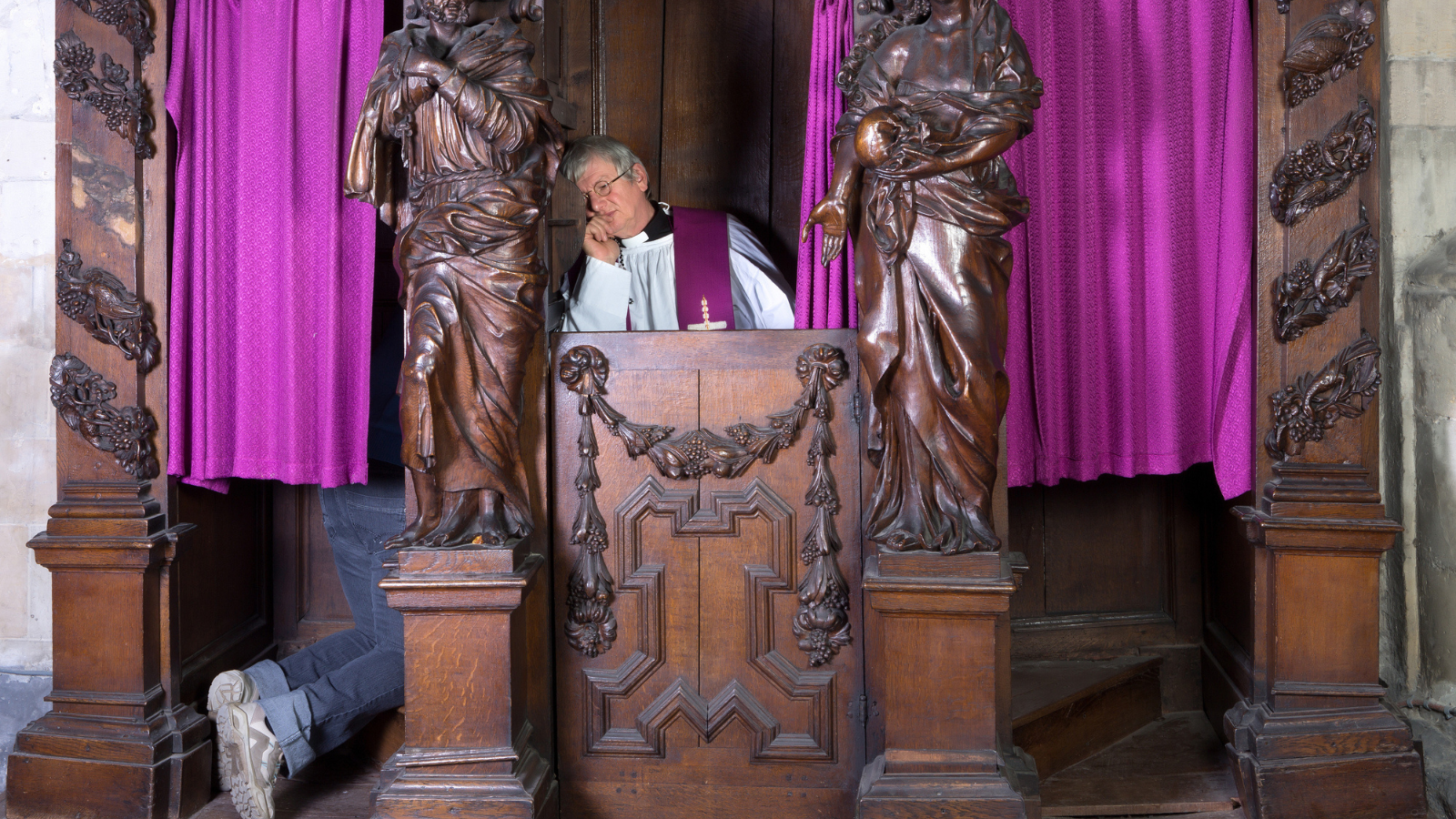
Catholics are required by Church law to go to confession at least once per year.
Many Catholics go more often than this, however, as this is the minimum requirement. Some Catholic Christians go to confession several times per year, monthly, or even weekly (though this is rare).
Confession is the normative way for Catholics to get rid of mortal (serious) sins. If a Catholic commits a mortal sin, they cannot receive the Eucharist (communion) until they’ve gone to confession.
Where is Confession in the Bible?

The Catholic practice of confessing to a priest is based on the following verses:
“Again Jesus said, “Peace be with you! As the Father has sent me, I am sending you.” And with that he breathed on them and said, “Receive the Holy Spirit. If you forgive anyone’s sins, their sins are forgiven; if you do not forgive them, they are not forgiven.” –John 20:21-23
“I will give you the keys of the kingdom of heaven; and whatever you bind on earth shall have been bound in heaven, and whatever you loose on earth shall have been loosed in heaven.” –Matthew 16:19
“Therefore confess your sins to each other and pray for each other so that you may be healed. The prayer of a righteous person is powerful and effective.” –James 5:16
Yes, Catholics Can Go Straight to God Too
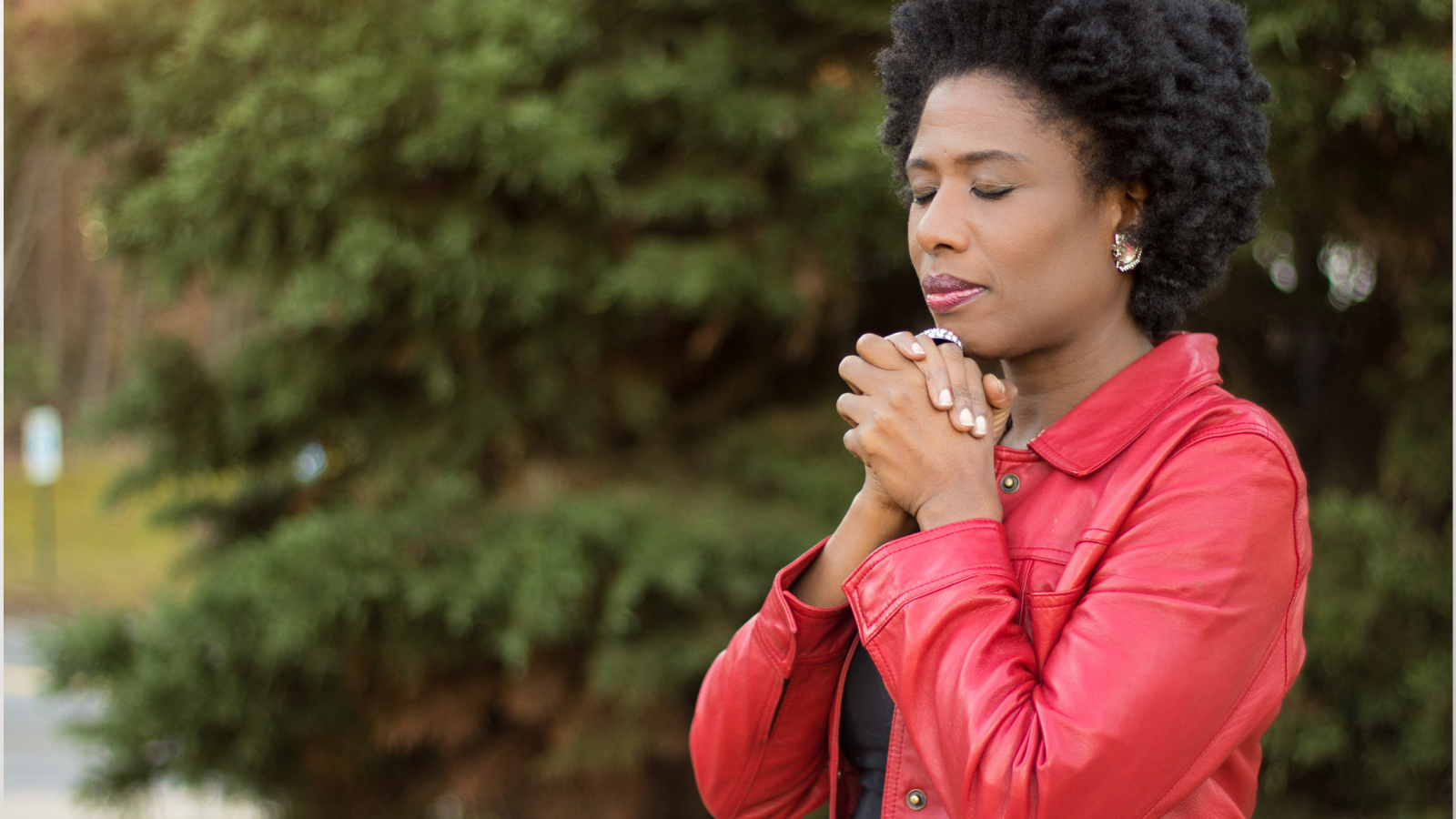
However, just because the Catholic Church requires confession does NOT mean that Catholics can’t pray straight to God or that they believe that God doesn’t/can’t/won’t forgive sins any other way.
Catholics are still very welcome to pray directly to God as well.
That being said, there are several reasons why Catholics might prefer to go to confession, many of which people chimed in with in the post.
1. Confession Absolves Us of Mortal Sin
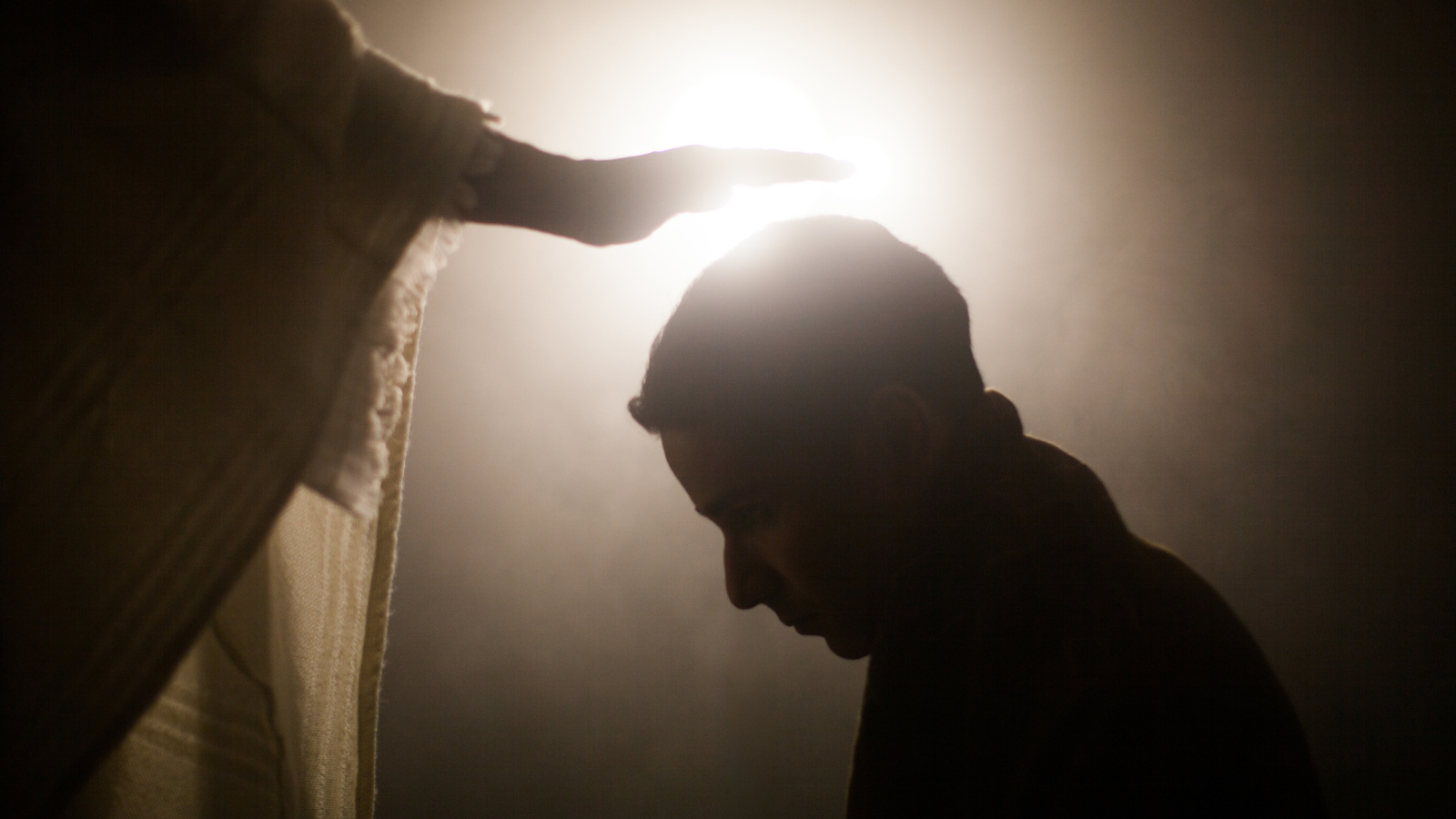
The main reason why Catholics go to confession is because they believe that confession their sins to a priest grants sure forgiveness for their mortal (serious) sins.
This is important, because if you finish your life with mortal sin on your soul, you risk not going to Heaven.
One person said,
“If you die in a state of mortal sin you will go to hell. Confession absolves us of mortal sins committed after baptism and is widely available to us. If we learn about the power of the sacrament of reconciliation but choose not to make use of it as Jesus intended, we will persist in mortal sin until death and end up in hell. Believing God exists is not enough, as Jesus said, ‘Not everyone who says ‘Lord, Lord’ will enter the kingdom heaven.'”
2. Confession Is How Jesus Set Up the Church

Other Catholics point out that God intended for His church to function in this way.
While there are other ways to ask for and receive forgiveness, God wants us to confess our sins to a priest in person.
Someone shared,
“Why did Jesus breathe on the apostles and tell them whoever sins they forgive are forgiven? He could have just said, go and tell everyone to pray to me directly for the forgiveness of sins. He was setting up a church, with the authority to forgive sins in His name and distribute all of the other Holy Sacraments instituted by Him.”
3. Confession Dates Back to the Old Testament
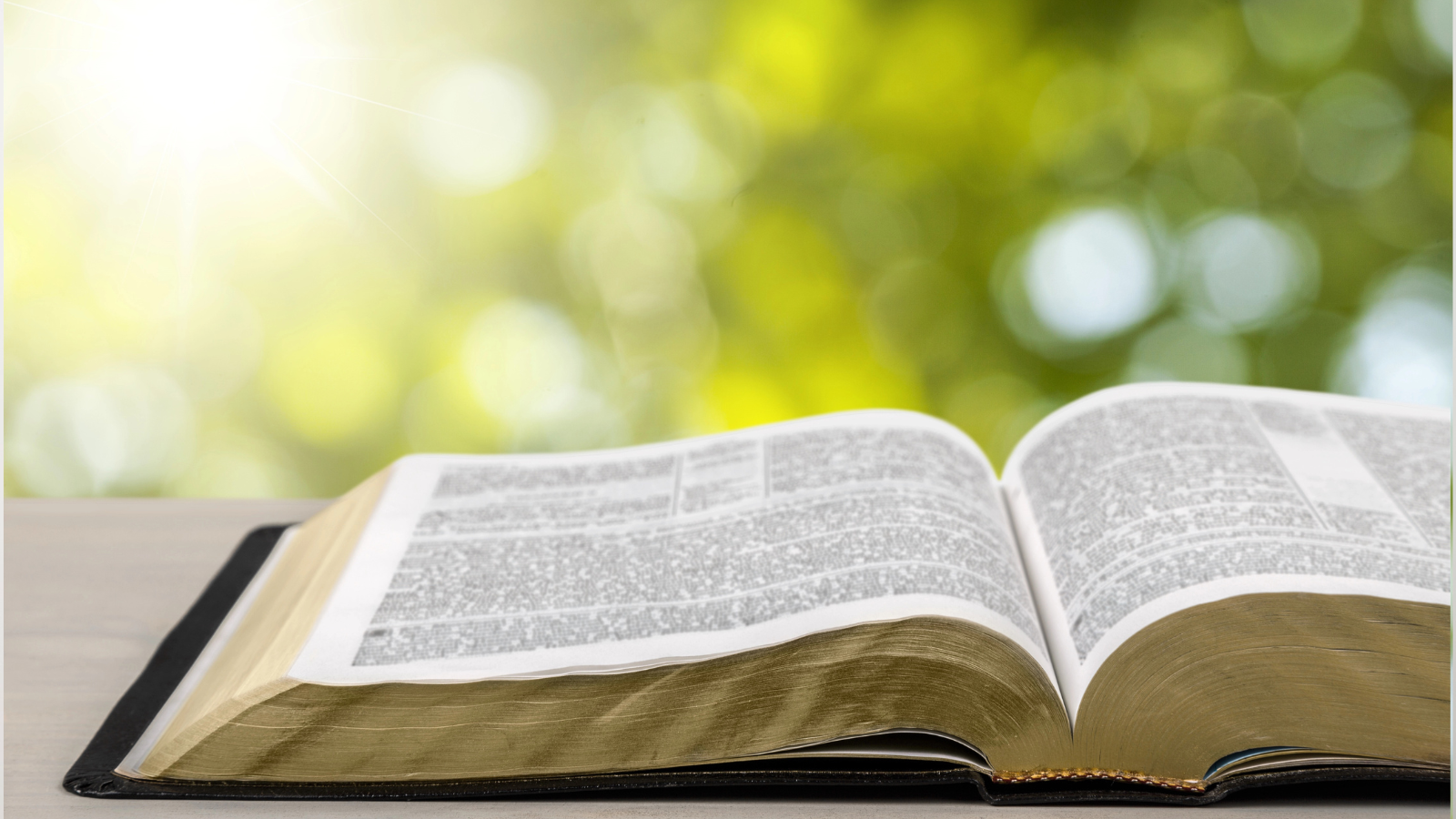
Other Catholics point back to confession’s roots in the Old Testament time.
Confession definitely isn’t a practice Catholics randomly made up and required one day. It had been in place (in a different form) all along.
One person responded,
“In order to understand the Christian concept of sacramental confession one needs to see how it was present in the Old Testament, and has a precedent for being how God intended His system of repentance to be set up. The Scripture has the idea that priests have historically been mediators in the confession of sins:
‘When a man is guilty in any of these, he shall confess the sin he has committed, and he shall bring his guilt offering to the LORD for the sin which he has committed, a female from the flock, a lamb or a goat, for a sin offering; and the priest shall make atonement for him for his sin.'” —Leviticus 5:5-6
4. Confession Heals

Other Catholics shared how confession had brought them great relief and healing, as they could finally let go of past sins and mistakes and find closure.
One person said,
“Confession did more healing than therapy could ever do in multiple sessions.”
Another person said,
“I like to call it ‘free therapy,’ referring to the tangible benefit that by being able to just freely tell someone the bad things I did. I feel so much better. There’s of course the spiritual benefit too that I saw was covered here. I think it’s one of the best gifts the Church gives us.”
5. Confession Provides Reconciliation
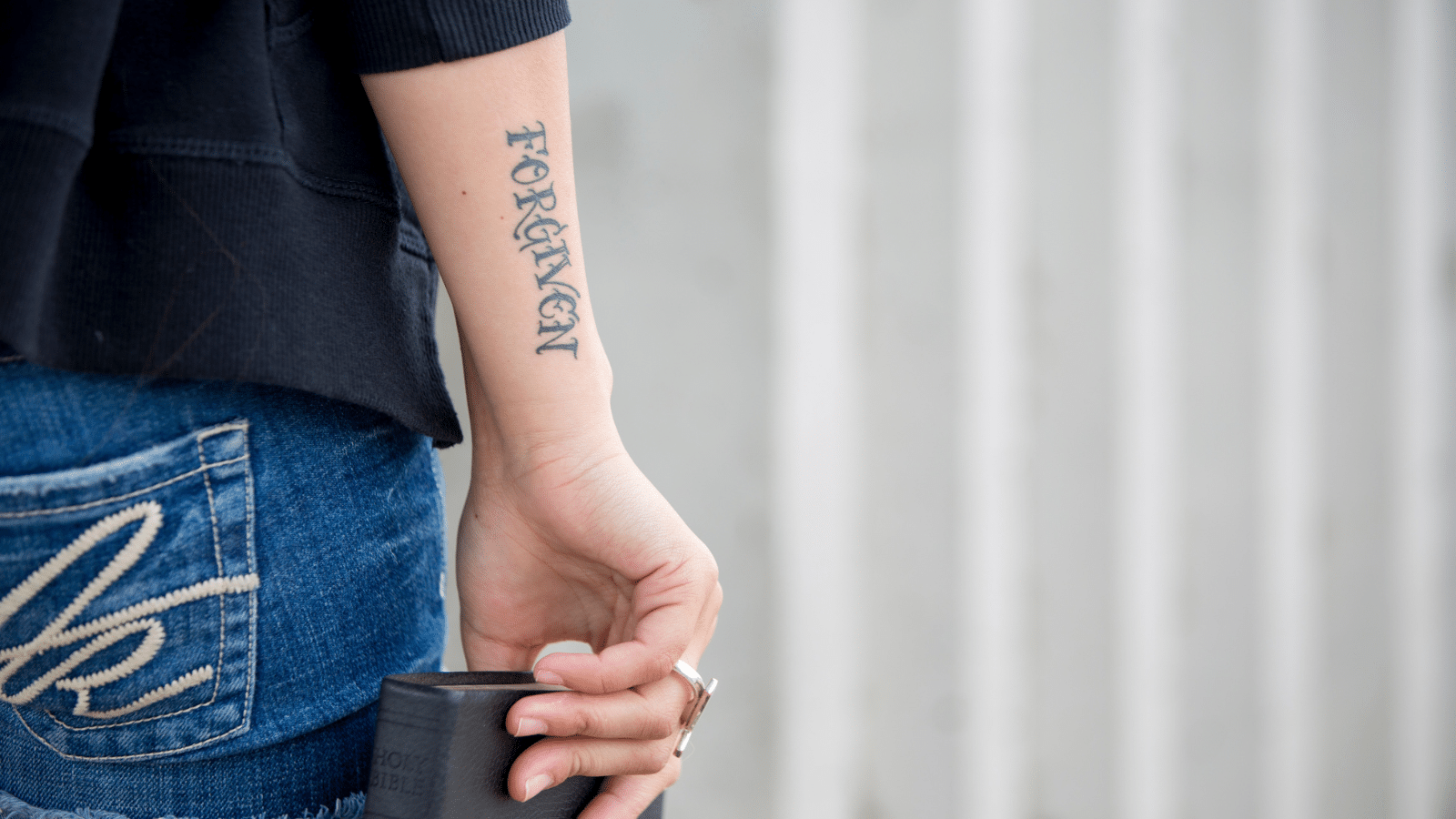
Other Catholics love how confession brings them back into the fullness of grace with God and the Catholic Church.
You are never more holy (here on Earth) than immediately after baptism or confession, when all your sins are wiped clean!
Someone responded,
“The thing is even though the punishment for our sins has been remitted through Jesus Christ we still sin. And we’re still responsible for those sins and for the damage it continues to cause in the real world. When we commit sins of our own will there are both physical and spiritual effects. One of them is that it cuts us off from the grace of God and separates us from perfect union with the church. That’s why the sacrament is also known as Reconciliation. Through confessing our sins to Jesus Christ is actually acting through the priest, we are reconciled to God — into his body on earth, the church. And that enables us to receive special graces dispensed through the sacraments to strengthen us against the temptations that led us to sin in the first place.”
6. Confession Makes You Think Twice About Sinning
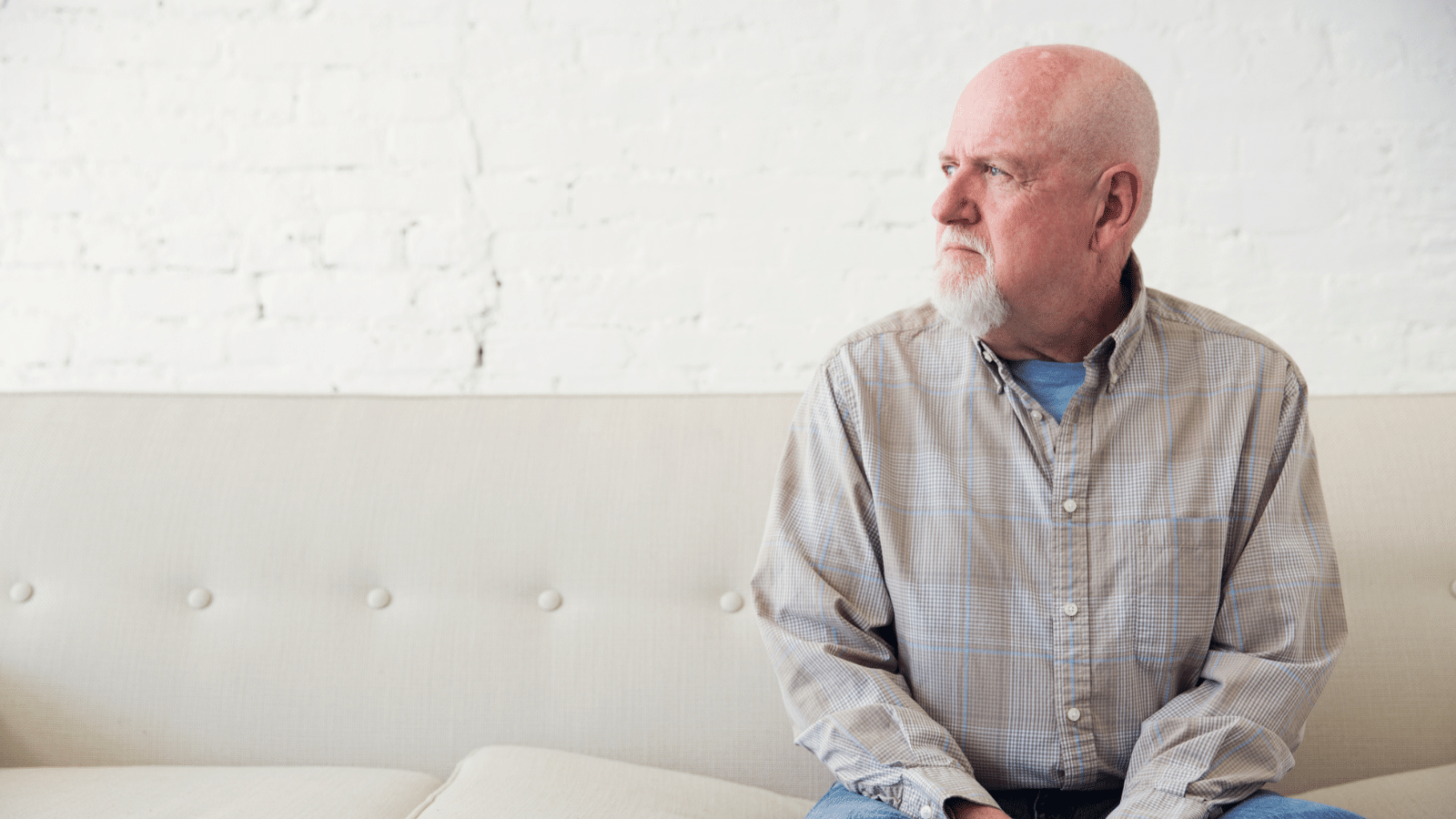
Other Catholics shared how beneficial the practice of confession their sins to an actual person can be. It really makes you think twice about sinning if you know you’ll have to admit it later — especially if it’s a sin you’ve had to admit to committing before!
Committing a sin in secret is easy. Having to tell someone else about it after the fact is much more difficult.
One person shared,
“You are less likely to sin if you know you’re going to have to tell an actual human being you looked at [inappropriate videos] or had a one night stand.”
7. Confession Humbles a Person
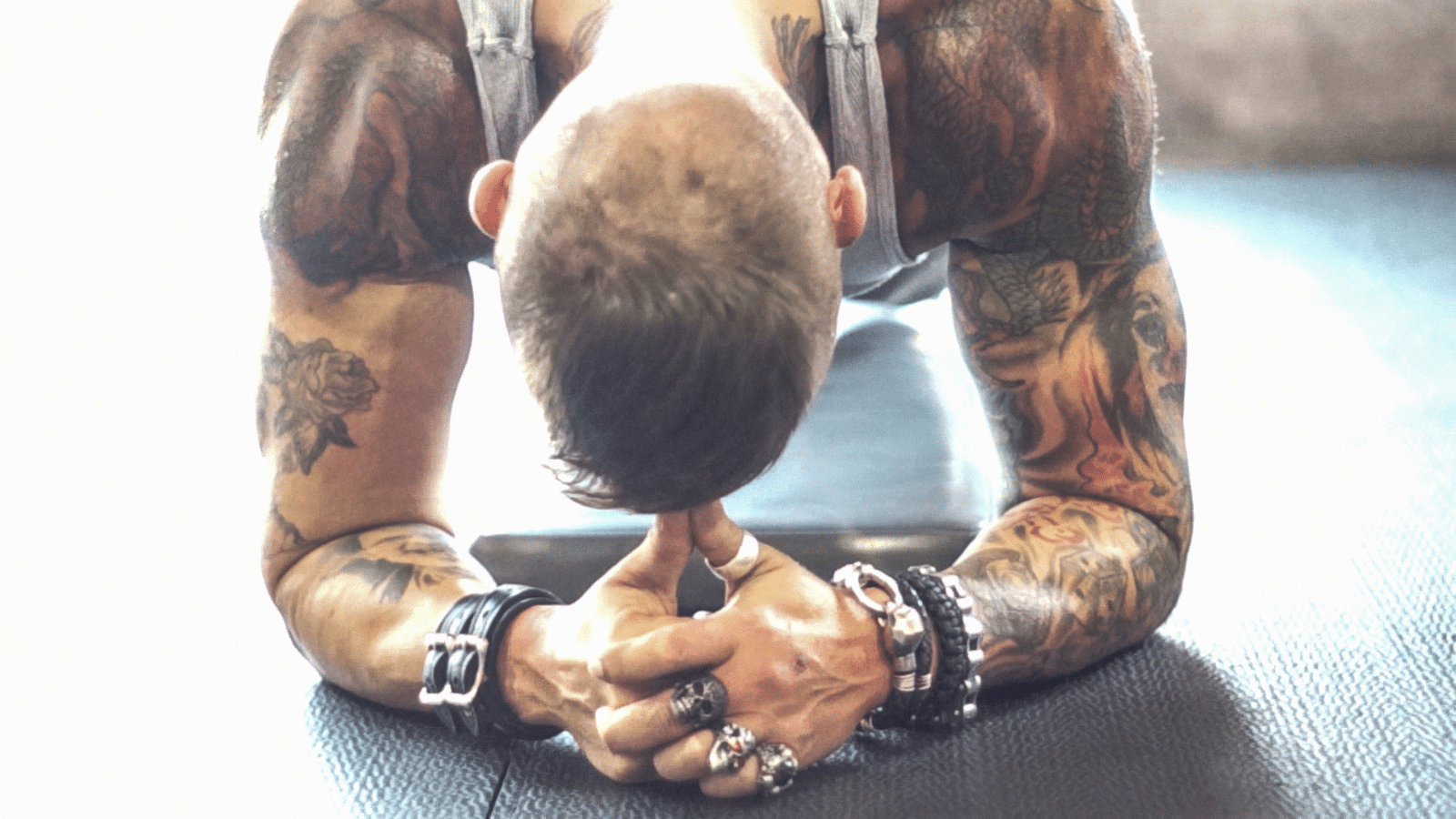
Other Catholics appreciate how confession humbles them, as it forces them to admit to all the ways they’ve failed to measure up, even though they knew better.
One person commented,
“Every time I see someone talking about confession, I always remember Luke 18:9-14 because I see confession as an act of humiliation and detachment. Deep in your soul you know if you to put yourself on your knees and ‘pray for God for forgiveness’ won’t change anything because no one will see and know your sins and your faults. Going to confession, for me, is humiliate yourself.”
8. Confession Gives Immediate Feedback
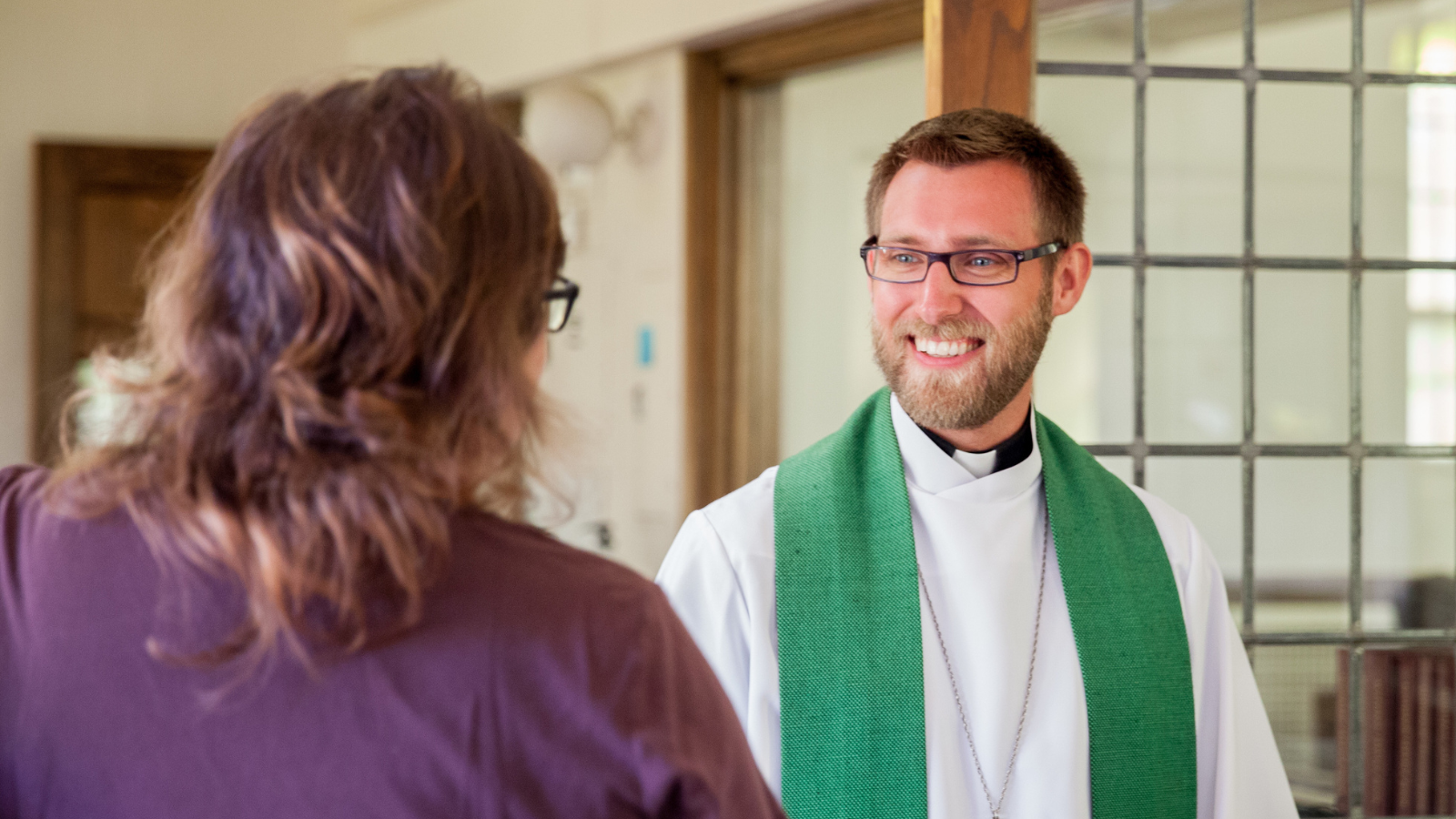
Other Catholics really appreciate the assurance of knowing, beyond a shadow of a doubt, that their sins are forgiven. They don’t have to hope that God hears and forgives them; they can trust the priest when he says they are forgiven.
Someone said,
“Confession gives you immediate feedback on being forgiven. You know 100% without a shadow of doubt that you are forgiven because the priest is executing the authority to forgive sins that Jesus gave the Apostles. With direct prayer, you don’t know.”
Another person said,
“You can ask God to forgive your sins but how will you know if He does? Through the power Jesus gave to the apostles, we can have absolution when the priest forgives our sins in His name.”
9. Confession Clears Up Uncertainty

Other Catholics appreciate having the opportunity to talk to a priest one-on-one in order to find out how serious their “sins” may be.
After all, it’s difficult to keep track of the entire Catholic law. It’s possible for someone to feel guilt over something that isn’t a big deal, or not realize that an action they’ve been committing is actually a serious wrongdoing.
Talking with a Catholic priest in private can really help clear this up.
One person said,
“A lot of people have trouble knowing themselves or their own conscience, and so might wonder if they’re truly repentant or just afraid of consequences. Or they might not know for sure if something is a sin or not. The confession helps clear up this uncertainty. The priest in confession can also give practical advice on how to avoid repeating the sin going forward.”
10. Confession Is One of the Best Parts of Being Catholic
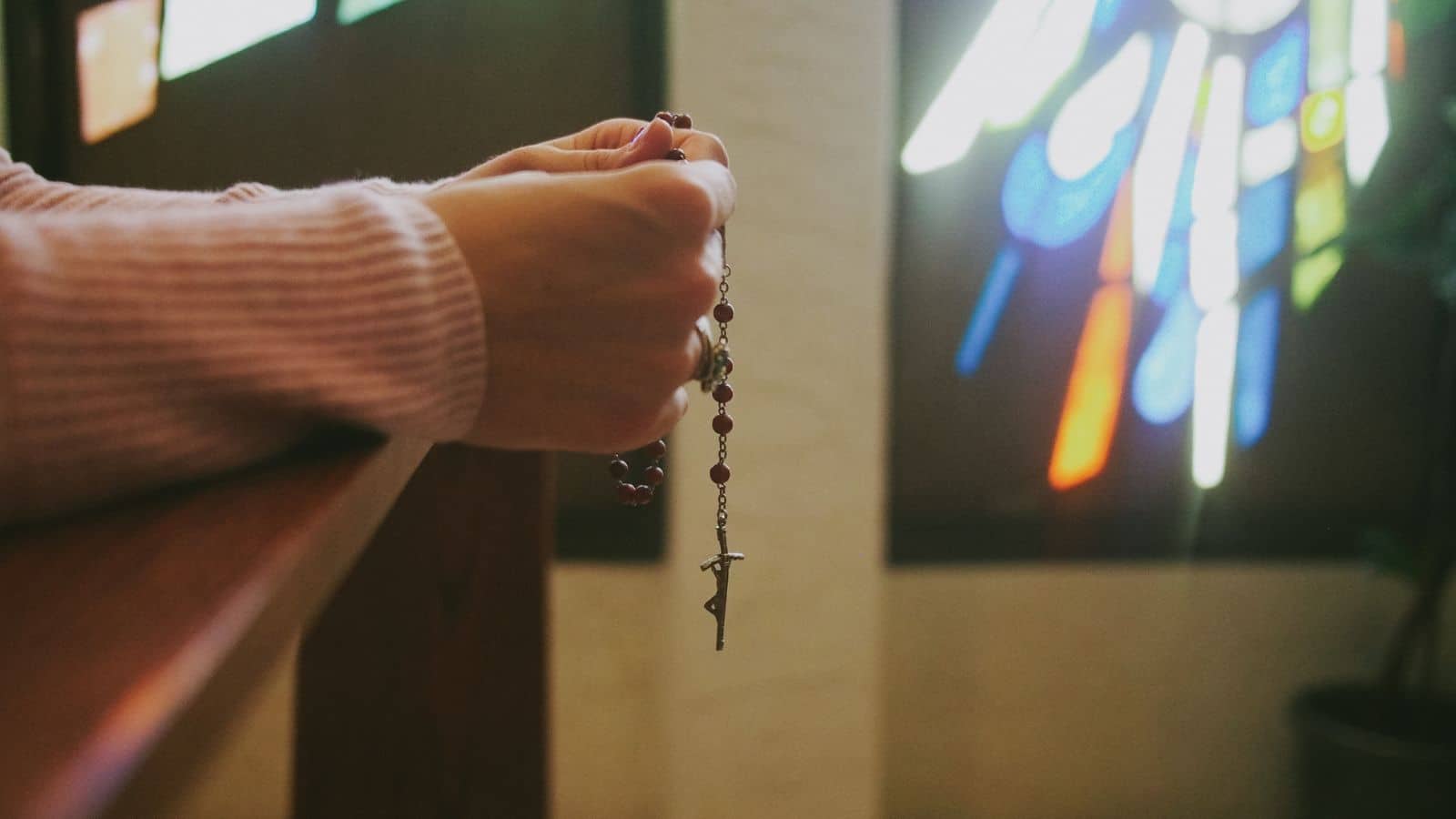
While it may sound terrible to “have” to confess your sins to a priest at least once a year, some Catholics actually really enjoy the process and look forward to it!
One person shared,
“This is one of the best parts of being Catholic.”
15 Common Catholic Church “Facts” Protestants Constantly Get Wrong
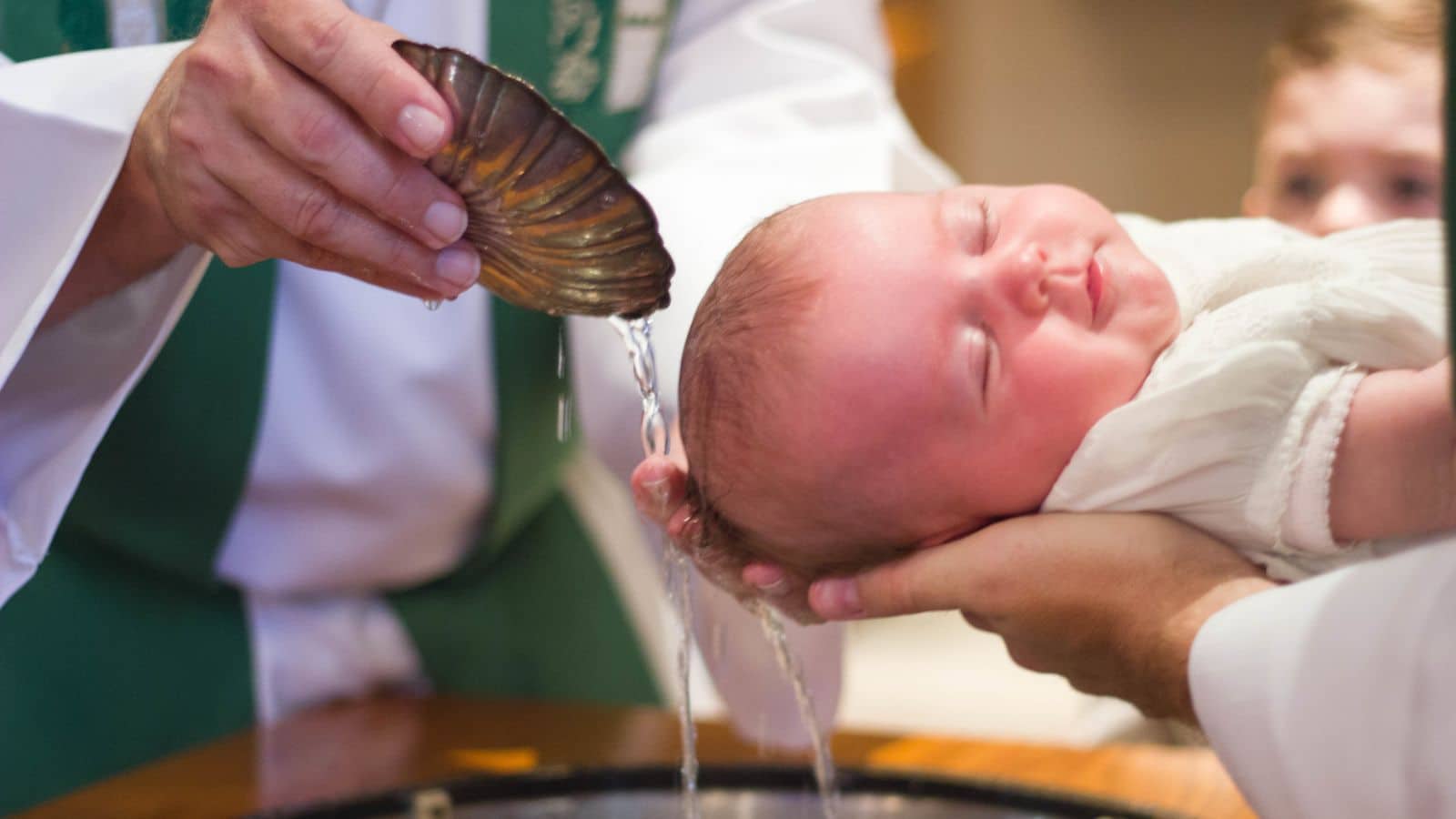
Think you know the Catholic Church? Think again.
Despite being the largest Christian denomination in the United States (and the world), much of what people believe about Catholics and the Catholic church simply isn’t true.
Are you guilty of believing any of these 15 Catholic Church myths?
15 Common Catholic Church “Facts” Protestants Constantly Get Wrong
13 Quirky Things Devout Catholics Do No One Else Understands
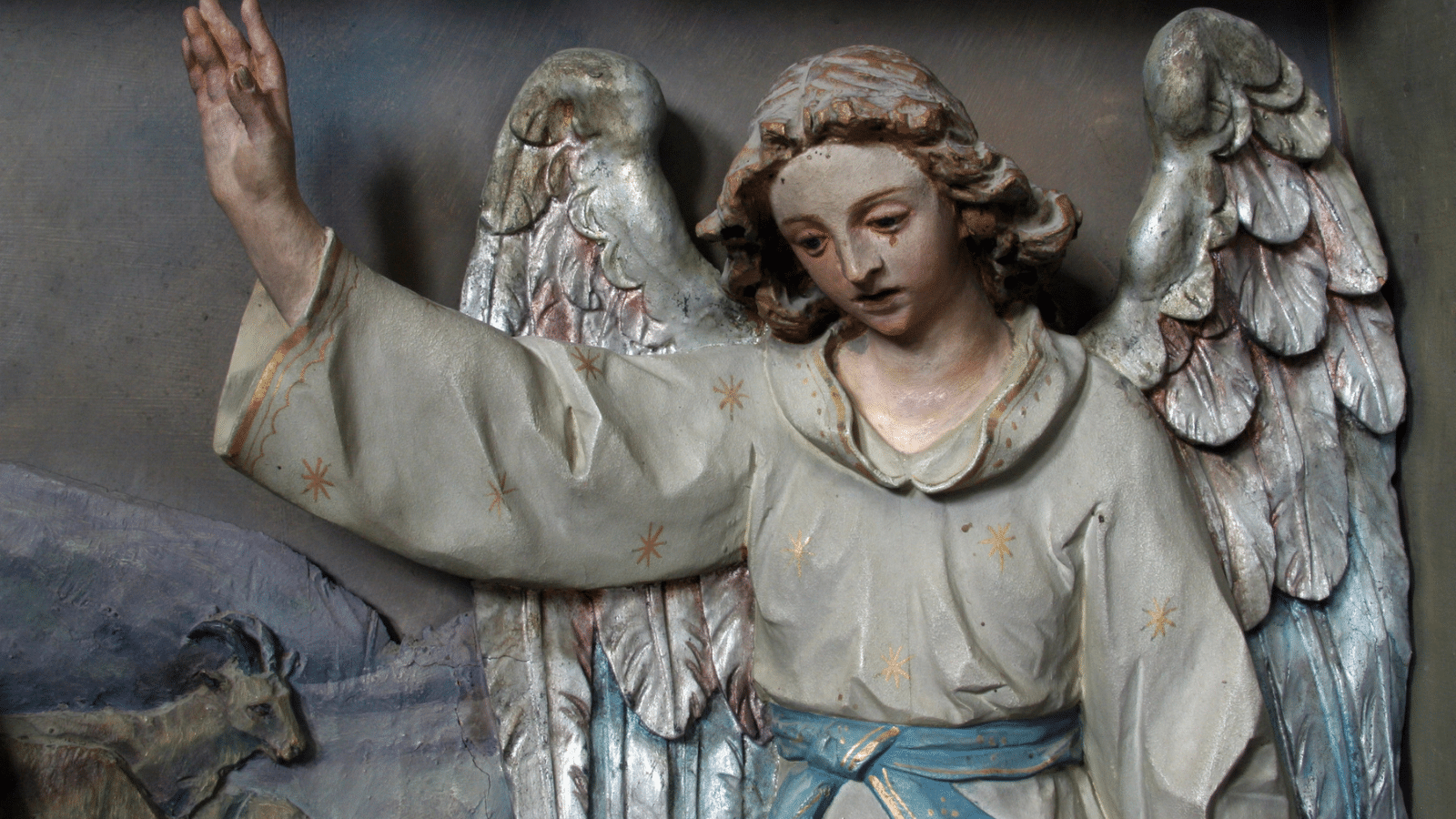
If you’ve spent much time around Catholics you know…
Catholicism isn’t just a religion. It’s also a unique culture with plenty of unique quirks and trends, developed over more than two thousand years the Catholic church has been in existence.
Not a Catholic? Some of these unique quirks may not make sense to you, and that’s okay! Many Catholics have no problem being misunderstood by the majority of society.
But if you’re Catholic yourself or you’ve spent years around others who are (like I have!), you might just get a chuckle at this 13 quirky things devout Catholics do that no one else understands!
13 Quirky Things Devout Catholics Do No One Else Understands
Brittany Ann is an ECPA bestselling author and founder of Equipping Godly Women and Monetize My Ministry. She’s also a Christian speaker, podcaster, and conference host. Her work has been featured on numerous TV, radio, and online ministries, including CBN, MSN, Christianity Today, Evangelical Alliance, Patheos, Crosswalk, and more.

